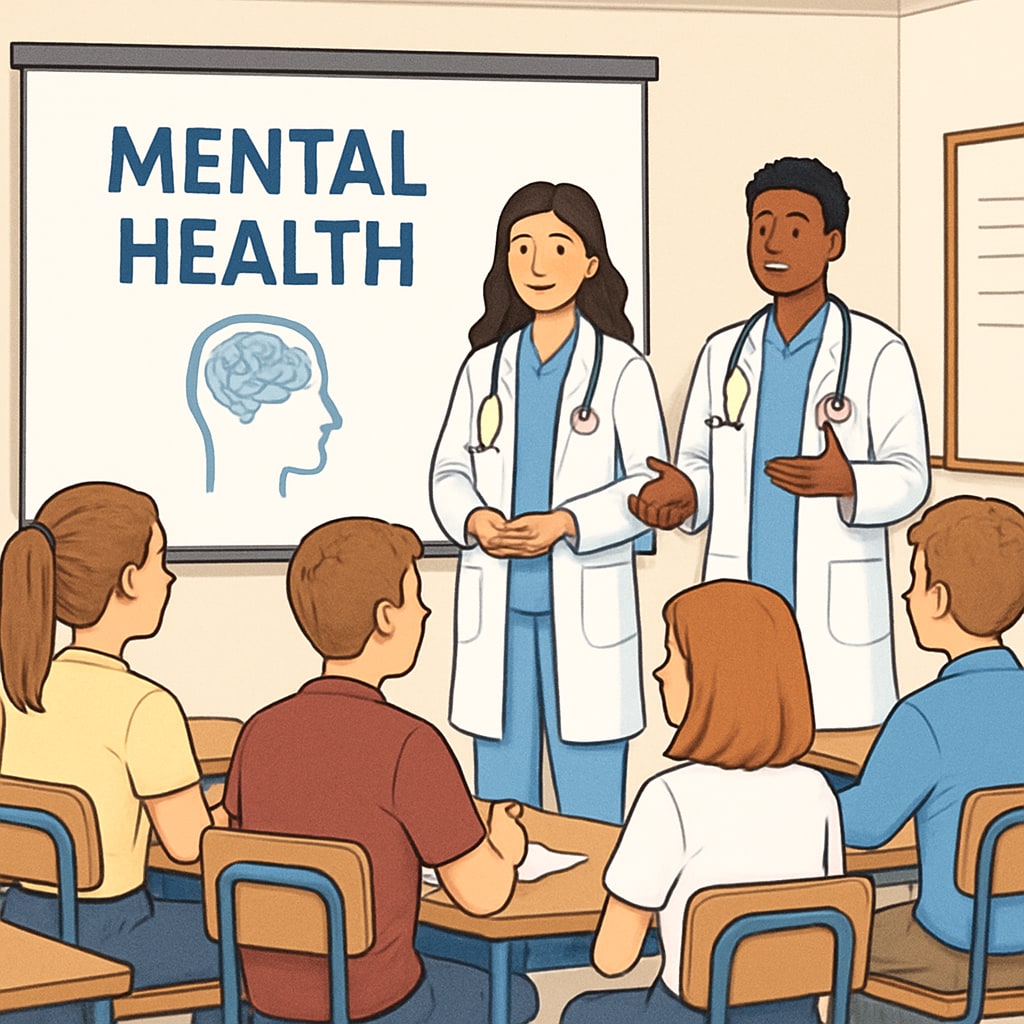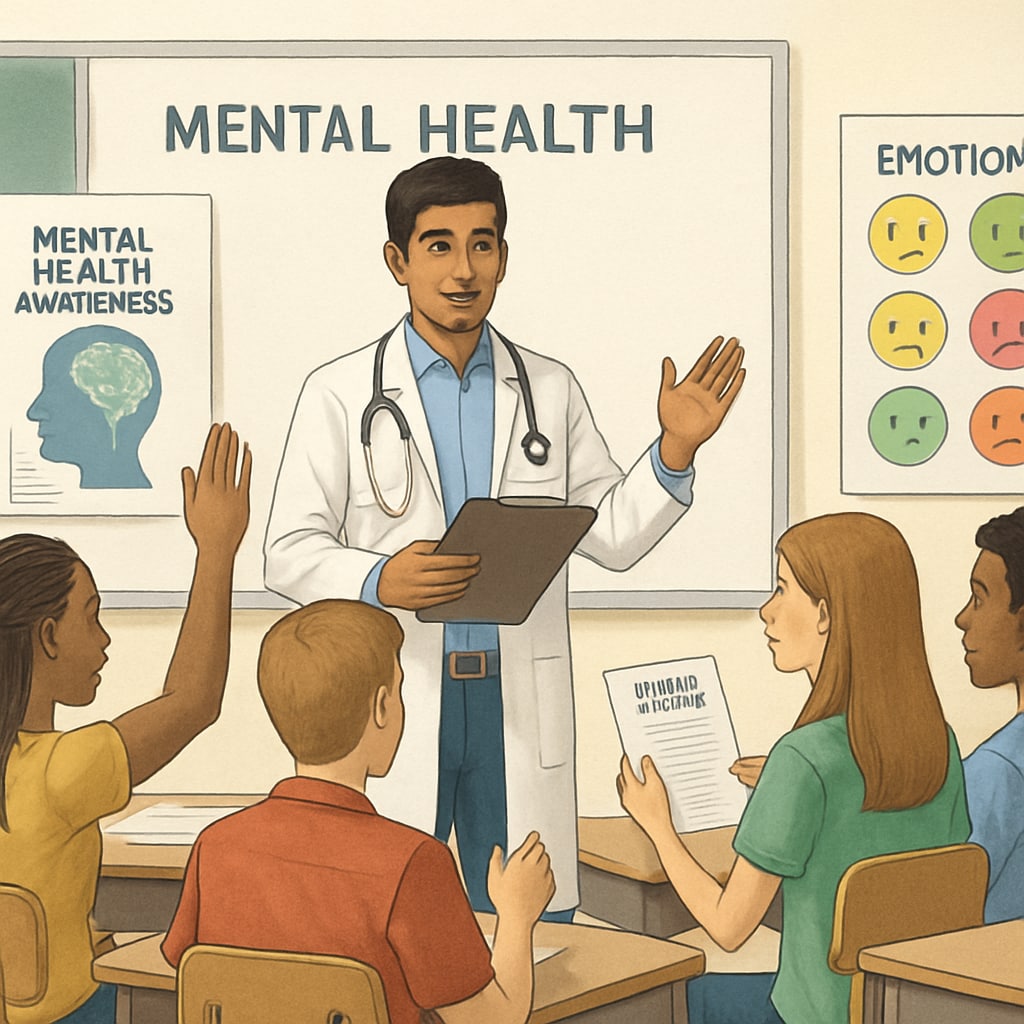Teenagers today face mounting psychological stress from academic pressure, social challenges, and personal development. Hosting mental health seminars for high school students is an excellent way for medical students to leverage their expertise and contribute to youth well-being. This article provides actionable steps—from reaching out to schools and designing impactful content to organizing the seminar effectively—to help medical students make a meaningful difference in adolescent mental health.
Step 1: Connecting with Schools to Establish Partnerships
Building relationships with local high schools is the first step in organizing a successful seminar. Medical students should prepare a professional introduction outlining their qualifications and the purpose of the event. Highlighting the seminar’s potential benefits, such as raising awareness about mental health and providing students with coping strategies, can help convince schools to collaborate.
- Send formal emails or letters to school administrators introducing the initiative.
- Arrange meetings with school counselors for detailed discussions about the students’ specific needs.
- Offer flexibility in scheduling to accommodate the school calendar.
Additionally, presenting statistics on the prevalence of stress and anxiety among teenagers, sourced from credible organizations like WHO, can reinforce the importance of the seminar.

Step 2: Designing Engaging and Educational Content
The seminar content should strike a balance between being informative and engaging. Medical students can draw upon their knowledge to create modules that resonate with teenagers while addressing critical mental health topics. Consider including:
- Interactive activities, such as mindfulness exercises or stress-management games.
- Short lectures on common mental health challenges like anxiety, depression, and academic burnout.
- Personal stories or case studies to make the content relatable.
Visual aids like slides, videos, and infographics can enhance understanding and keep students interested. Resources from trusted sites like Britannica can be used to ensure accuracy and credibility.
Step 3: Organizing the Seminar for Maximum Impact
Effective organization is crucial to ensure the seminar runs smoothly. Medical students should focus on logistics, promotion, and student engagement during the event:
- Logistics: Confirm venue arrangements, equipment needs (like projectors and microphones), and attendee numbers.
- Promotion: Use posters, social media posts, and school newsletters to generate interest among students.
- Engagement: Facilitate open discussions and Q&A sessions to encourage participation and address specific concerns.
Offering post-seminar resources, such as pamphlets or links to mental health support platforms, can further assist students in managing their well-being.

Step 4: Evaluating and Improving the Seminar
Feedback is essential for refining future seminars. Medical students can use surveys or informal discussions to gather insights from attendees and school staff. Questions could cover:
- The helpfulness of the seminar content.
- Suggestions for additional topics or activities.
- Overall satisfaction with the organization and delivery.
Incorporating feedback ensures that the seminar becomes increasingly impactful over time, helping more students navigate their mental health challenges effectively.
Conclusion: Organizing mental health seminars for high school students allows medical students to apply their expertise in a meaningful way. By establishing partnerships, designing relatable content, managing logistics effectively, and seeking evaluations, medical students can create a lasting impact on adolescent mental health. With dedication and collaboration, these seminars can become vital tools in fostering awareness and resilience among teenagers.


